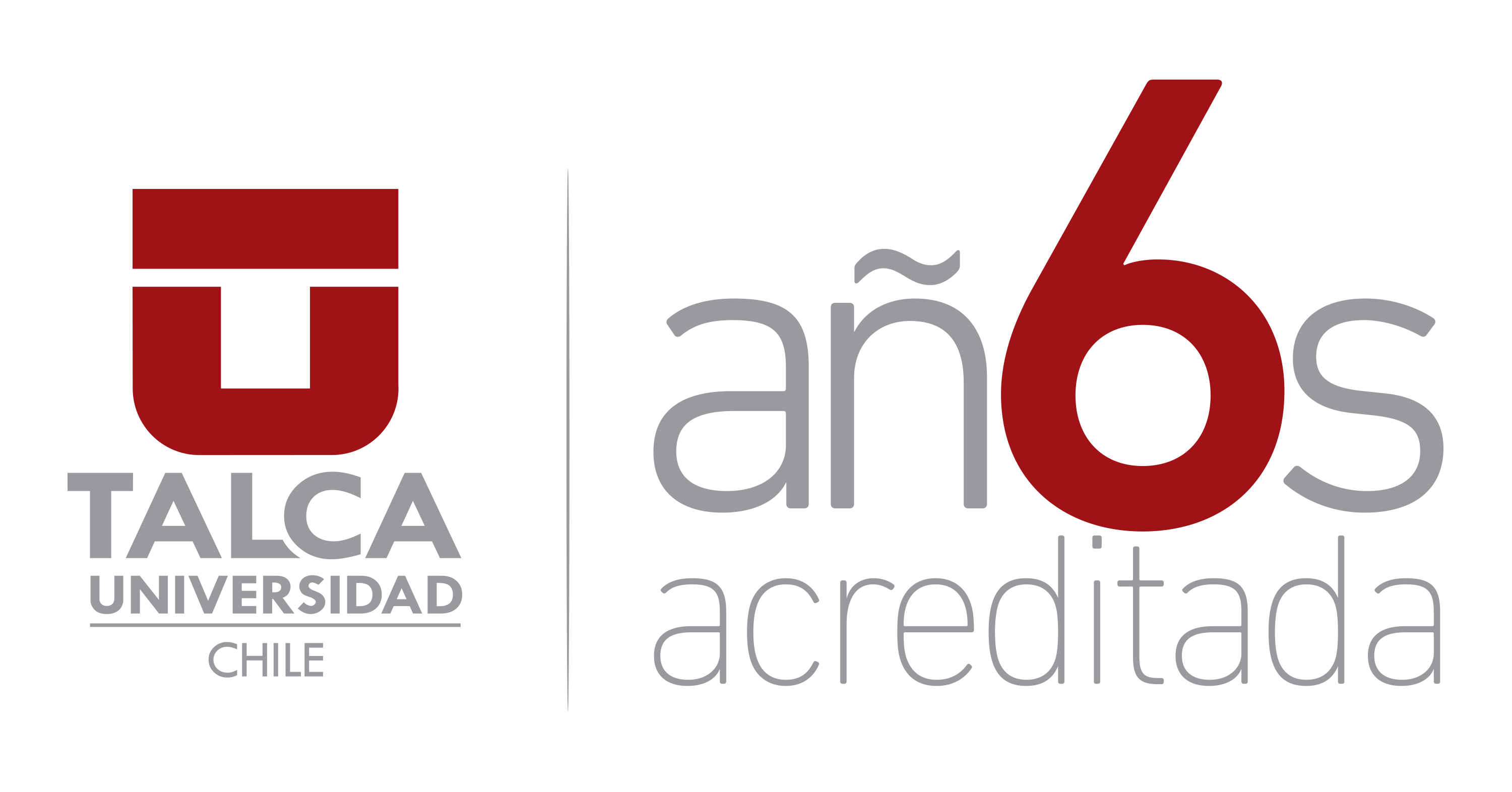- Dozo yoroshiku onegaishimasu ????????????? (a whole lot more formal)
- Yoroshiku onegaishimasu ?????????? (formal)
- Dozo yoroshiku ??????? (less certified)
- Yoroshiku ???? (casual)
Enunciation
Dozo try pronounced doh-zoh. Make sure to increase the original “oh” sound a while (you can see it has got the fresh range above it to point this).
Yoroshiku is even noticable rather just: yoh-roh-shee-koo. Remember that the brand new “r” voice inside the Japanese is extremely different from this new English “roentgen.” It is a lot more like a mix anywhere between an “r,” “l,” and you will “d” (just like how North americans pronounce the brand new “d” sound for the “ladder” or perhaps the “t” sound into the “better”).
Use
- This really is a chance-to help you terminology for Japanese someone, since it suits many kinds from facts. It is a respectful (and asked) solution to thank anybody ahead of time and target individuals you provides merely met (“Nice to get to know your”).
- It is preferred to say this statement if you are bowing (formal) otherwise providing a head nod and you can a discover here smile (reduced certified), especially when conference some body the very first time.
The fresh welcome ohisashiburi desu ??????? is the better translated given that “Very long time, no come across!” It can be interpreted as “It’s been some time.” Here is the words you use once you haven’t seen anybody inside the lengthy; you simply cannot make use of it whenever meeting somebody for the first time.
There are various ways to state it terms with respect to the quantity of foregone conclusion we should explore. Ohisashiburi desu ‘s the authoritative adaptation. not, you can reduce it to hisashiburi ???? in case the state is actually everyday (age.g., you happen to be speaking with a buddy or loved one).
Pronunciation
Ohisashiburi desu are pronounced oh-hee-sah-shee-boo-ree-dess. Keep in mind that the last “u” in the desu is extremely mellow-so much in fact you could essentially lose they entirely. Just remember that , the japanese “r” voice is not such as the English “r” and is in reality much more directly regarding the fresh “d” sound about keyword “ladder” (in short, it’s a combination anywhere between good “d,” “roentgen,” and you can “l” sound).
Usage
- We are the suffix ne ? on the prevent away from which greeting; this can be just like asking for an indication of arrangement (like the English “you understand?” otherwise “actually they?”). You can say ohisashiburi desu ne ???????? (formal) or hisashiburi ne ????? (casual).
#8: So long = Sayonara ????? or Shitsureishimasu ?????
You likely heard the original of the two phrases, but are you aware that it’s not usually appropriate to utilize sayonara ?????-even though you imply to state good-bye?
In fact, sayonara means you will end up making for a long period otherwise will never be watching anyone who you might be stating so long so you’re able to for a time (or even again). You could think of it as being similar to new English term farewell in that it is slightly remarkable and you can theatrical. Thus, it is far from indeed utilized all of that tend to inside informal Japanese discussion.
By comparison, shitsureishimasu ????? is actually a official (and common) way of saying good-bye. It’s often found in places such as universities, workplaces, medical facilities, an such like. There is no implication here that you will never getting enjoying the newest people once again for a long period. It terminology practically usually means “I am going to be impolite” or “Excuse-me to be impolite.”
Pronunciation
Sayonara are obvious sah-yoh-nah-rah. Once more, don’t pronounce new “r” because you do an enthusiastic English “r” but alternatively as you do the “d” sound in the keyword “steps.” Definitely along with worry the “o” voice, since this is elongated.
Shitsureishimasu are obvious piece-soo-ray-shee-moss. As stated above, don’t pronounce the fresh new “r” voice because you manage a keen English “r.” You’ll be able to get rid of the last “u” voice, since this is extremely softer (this musical similar to “moss,” not “moss-oo”).
